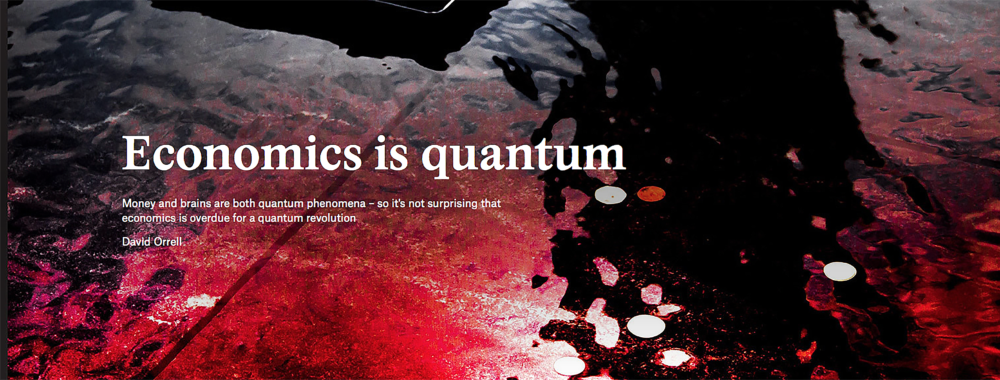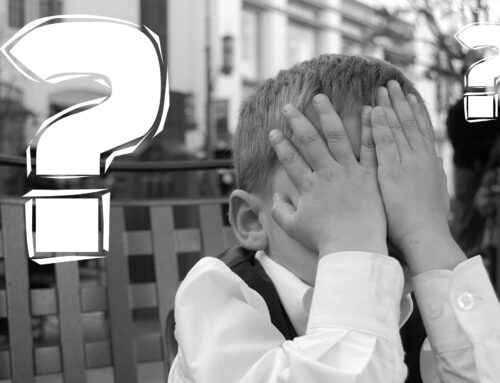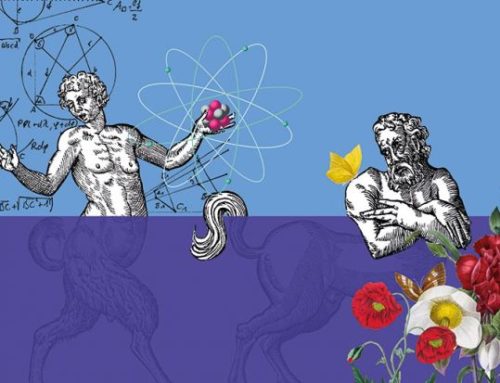Photo by Martina Birnbaum/EyeEm/Getty published online by Aeon
Twenty years ago, the idea of quantum consciousness was considered fringe science at best, or New Age quackery at worst. Today, the tables have turned. A quantum theory of mind is now recognized in psychology and philosophy as one of the more plausible explanations for consciousness to have emerged from a very spotty collection of conjectures. Elsewhere, many of the traditional Newtonian conceptions of reality that once informed the social sciences are being regularly challenged by their quantum counterparts. The latest casualty (but probably not the last) to this rising tide appears to be Economics.
Since the 2008 Global Financial Crisis – an event which many conservative economists, including Robert E. Lucas Jr (a Nobel Laureate and the former president of the American Economic Association), thought impossible – it has been clear that the field of Economics is in need of an overhaul. While there is a growing consensus that the foundations of Economics rests on a very thin model of the rational actor, there has been little agreement on how to remedy the situation. Consequently, progress has been slow. David Orrell, in his recent article ‘Economics is Quantum’, argues that quantum mechanics provides means to overcome many of the failings of traditional Economic theory.
Citing social scientist Alexander Wendt (a Q Symposium participant) and psychologists Daniel Kahneman and Amos Tversky (founders of behavioural economics and subjects of Michael Lewis’ new book The Undoing Project), Orrell makes a compelling argument for money being the economic equivalent of quanta within physics. While the analogy may at first seem like a stretch, there are several surprising similarities:
‘[according] to quantum physics, matter is fundamentally dualistic in the sense that it is composed, not of independent, billiard ball-like atoms, but of entities that behave in some ways as ‘virtual’ waves, and in other ways as ‘real’ particles… the same can be said of money, which is also real and virtual at the same time. For example, a coin is made by pressing a stamp into a metal slug. The stamp specifies the numeric value of the coin, while the metal represents its value as an object that can be owned or exchanged. It therefore lives partly in the virtual world of numbers and mathematics, and partly in the physical world of things and people and value, which is one reason for its perplexing effects on the human psyche.’
In Laws of Media: The New Science, Marshall McLuhan wrote, ‘I do not think that philosophers in general have yet come to terms with quantum physics: the days of the Universe as Mechanism are over.’ While quantum is only just beginning to touch Economics (and other domains of human knowledge outside of physics), the future seems clear: quantum is coming. The full article can be read here.







Leave a Reply